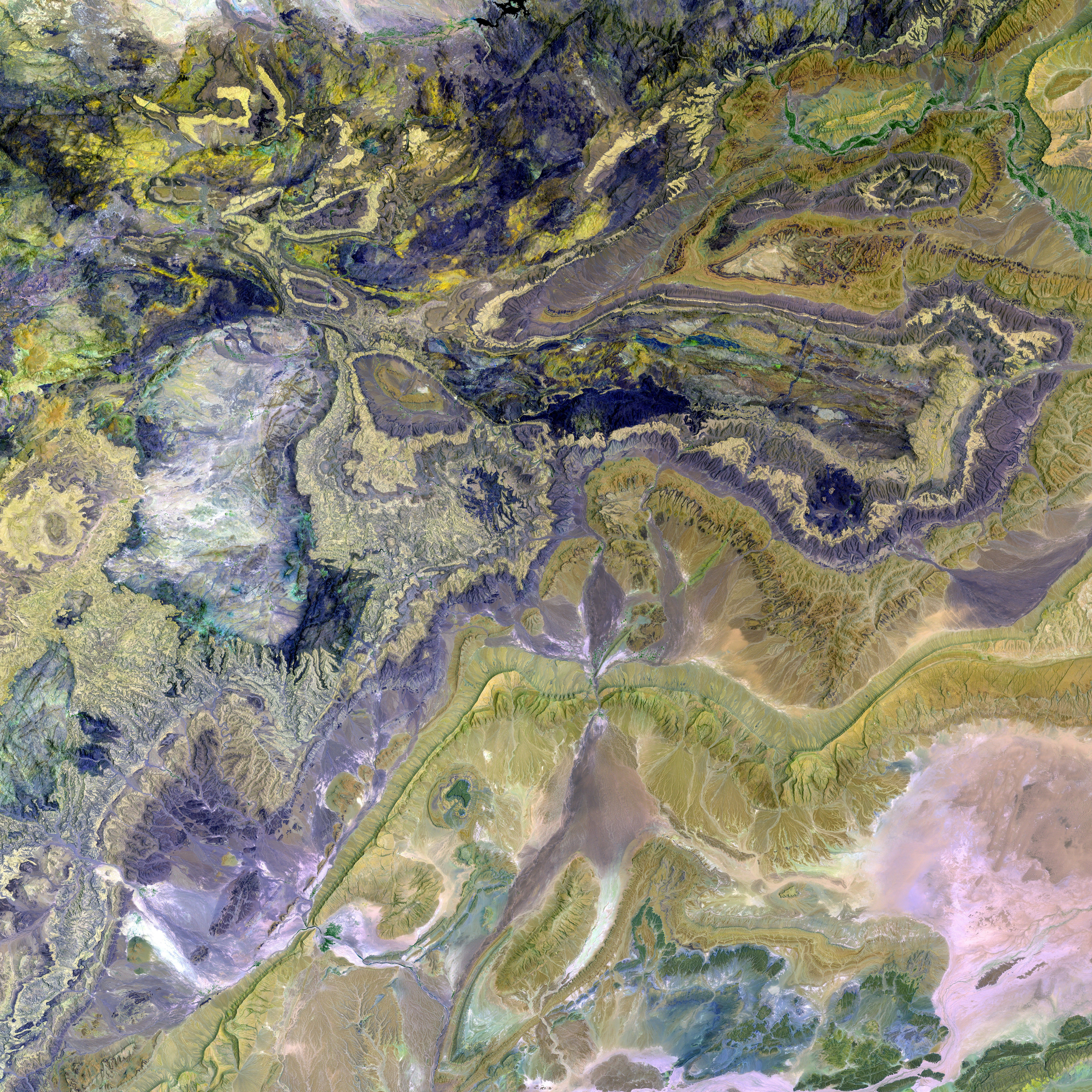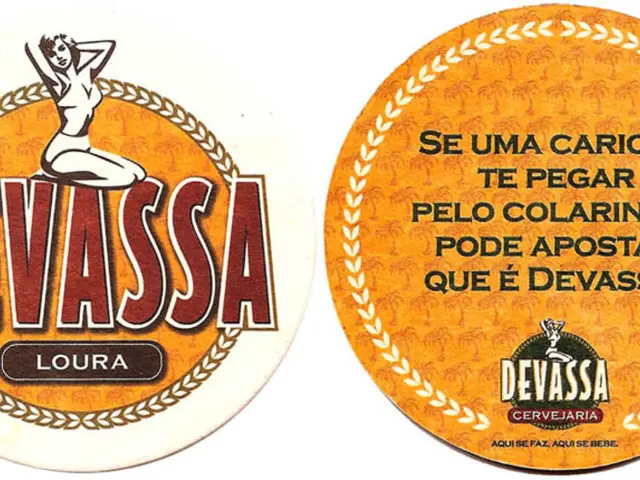Customs officials in Bremerhaven confiscated a significant amount of Walsalami during inspections of cruise ship luggage.
Whale Meat Seizures Frequent at Bremerhaven Cruise Terminal
Customs officials in Bremerhaven, Germany, frequently discover whale meat in the luggage of passengers arriving from Norway. Oftentimes, these travelers are unaware that they are contravening species protection regulations.
The seized whale meat predominantly originates from the pygmy sperm whale, an endangered species within the European Union. Volker von Maurich, spokesperson for the main customs office in Bremen, elucidates: "The pygmy sperm whale, also colloquially referred to as the dwarf sperm whale, is stringently protected within the EU."
In Norway, hunting of the pygmy sperm whale is permitted within specified quotas, and its meat is legally sold there. However, bringing such products into the EU is a violation of EU species protection regulations. Travelers who do so face immediate legal action, with the confiscation of the whale meat being standard procedure.
It is essential to note that not only live animals and plants, but also dead ones or parts thereof, and products containing components of them can breach species protection regulations. The 'Species Protection on Holiday' application, provided by the customs administration and the Federal Agency for Nature Conservation, serves as an informational resource to help travelers ascertain which protected animals and plants, along with products derived from them, might be available for purchase in their travel destinations. The application can be accessed at artenschutz-online.de.
The EU enforces rules and regulations for the international trade of endangered species through the Convention on International Trade in Endangered Species of Wild Fauna and Flora (CITES) and EU Regulation 2017/160. Imports of whale meat into the EU must comply with customs regulations, health certificates, and permits. Strict food safety regulations also apply to ensure the meat is safe for human consumption.
Due to conservation concerns, products derived from the pygmy sperm whale may face significant restrictions or prohibitions under EU law. Whale species listed under CITES Appendices I or II require permits for import. The EU's health and safety standards, known as Sanitary and Phytosanitary (SPS) Measures, stipulate how imported products must be handled, stored, and transported.
In summary, travelers importing whale meat products, including those from the pygmy sperm whale, into the EU must comply with CITES, customs regulations, and strict health and safety standards to avoid legal complications.
- The science and environmental implications of climate-change, particularly in the context of the oil-and-gas industry and energy consumption, are significantly impacted by the illegal trade of endangered species like the pygmy sperm whale.
- Volker von Maurich, the spokesperson for the main customs office in Bremen, stressed that environmental-science plays a crucial role in enforcing EU regulations that protect species like the pygmy sperm whale, whose meat is often illegally imported and may be sold discreetly in certain industries, including finance and tourism.
- The ongoing seizures of whale meat at Bremerhaven Cruise Terminal highlight the urgent need for increased awareness and understanding of climate-change and its causes, as the illegal hunting and trade of endangered species, such as the pygmy sperm whale, contribute to the depletion of marine ecosystems and the disruption of vital environmental processes.
- In an effort to combat the illegal trade of endangered species like the pygmy sperm whale, the EU's environmental-science and finance sectors collaborate to enforce strict regulations, ensuring that the energy industry remains accountable and sustainable, with a focus on exploring alternative sources to minimize environmental impact and promote the well-being of our planet.







